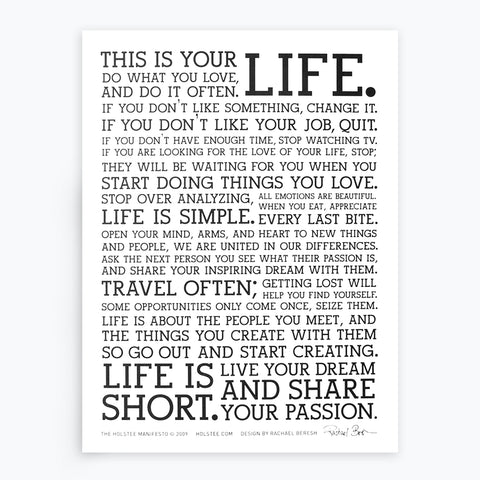Sometimes, and perhaps more often than we’d care to admit, the mind travels to places we would prefer it didn’t. When under pressure, when pushed to the limit, thinking we can’t take it any more, the dark side of the mind will reveal itself and, in the process, probably scare us half to death. This is a taboo subject - you’ll rarely find mothers or fathers sharing these tales over a drink - and yet how can we talk about examining the human condition without including the darker, harder thoughts? How can we discuss the qualities of acceptance, openness and forgiveness, while ignoring such intimate feelings?
When Sarah first came to see me at the clinic I used to work at in London, it was immediately evident that she was storing a lot of pent-up emotion, ready to cry at any moment. She looked fraught with worry. Sitting forward, looking on edge, she said she had tried ‘doing’ everything, but the baby seemed to be constantly crying. “I don’t know what to do with myself...I’m desperate,” she said, and then the tears came.
“Sometimes...sometimes, I just think of killing my baby and ending it all.”
Sarah didn’t know that I had heard similar thoughts expressed many, many times before. Things like, “I thought about picking up a pillow and smothering the cries,” or “I wanted to pull over, leave the baby carrier on the hard shoulder and just drive off,” or “I could have clocked her one, just to stop the tantrum.”
It’s hard to hear, isn’t it? It’s hard to accept that we think such things in the private sanctuary of our minds, where not even our spouses are invited, lest they think ill of us. When these thoughts arise, they are as fleeting as any other thought. They are just a thought, not an action, not a deed, not a reflection of who we are - and yet we attach to them and give them so much weight and meaning, thus creating the fear, the guilt and the admonishment that is the reactive emotional response.
Through the lens of mindfulness, that dark thought is no more or less meaningful than a sad, happy or excited thought. We cannot say that a thought is inherently good or bad. Of course, if you had spent a lot of time cultivating that thought, with the intention of thinking that way, then it would be a little different and far more serious, but ask yourself: did you want that thought to arise in the mind? Did you ask it to arise in the mind? Of course not - this is simply the nature of the mind and thoughts come and go all the time. As ever, it is our perception of them - the energy we give them - that creates our suffering. If only we knew that others experienced similar thoughts, perhaps we would not feel so much shame.
"We've got to be as clear-headed about human beings as possible, because we are still each other's only hope." - James Baldwin
Tweet It!
As human beings, we have crazy, irrational thoughts all the time. Just because we may idly wonder about robbing a bank while standing in a queue doesn’t mean that we’re going to don a balaclava and stage a holdup. Similarly, just because we have a dark thought as a parent doesn’t mean we’ll act on it. Nor does it make us bad, evil or a terrible person - that’s merely our guilt, adding the kind of commentary that mindfulness seeks to disempower.
The thinking mind, the rational mind, will want us to shut these thoughts out, to hide them, to never even acknowledge their existence, as if to embrace them would be to identify with them, making them a reflection of who we are. But every time we push down such thoughts, every time we resist the dark side of the mind, it has to find another place to go. Everything in nature has a sense of momentum and energy; if we do not let it come and go freely, then it will be subverted. In Western psychology this is what’s usually referred to as repressed thought. It’s like pushing against a moving car: the more we push, the more tension is created. When Sarah voiced that one thought during our session, by simply expressing it she released a pressure valve. The burden she had been carrying was laid down and the feeling of relief was palpable.
(Note: The only caveat to all this is, of course, if you feel that you would actually like to follow through with the thought. In that instance, it’s time to pick up the phone and speak to your closest health professional.)
___________________________________
Andy Puddicombe is the founder of Headspace, a digital health platform that provides guided meditation training for its users. He is a former Buddhist monk with a degree in Circus Arts.
This post was originally shared on Headspace. This is an excerpt from Andy’s book, The Headspace Guide to a Mindful Pregnancy, available in bookstores right now.
Begin your day feeling grounded and inspired.
A free 30-day email series where we share the most impactful stories and ideas that have helped us on our journey to live a more meaningful life.
✌️ Free. Unsubscribe anytime.
























